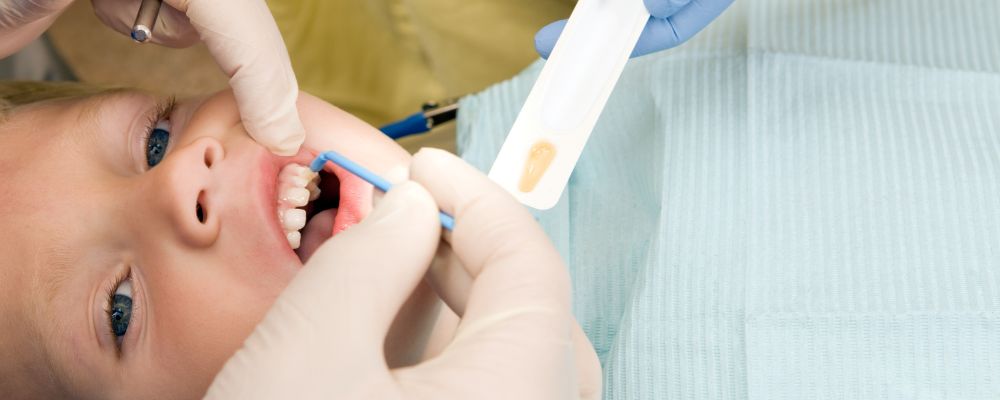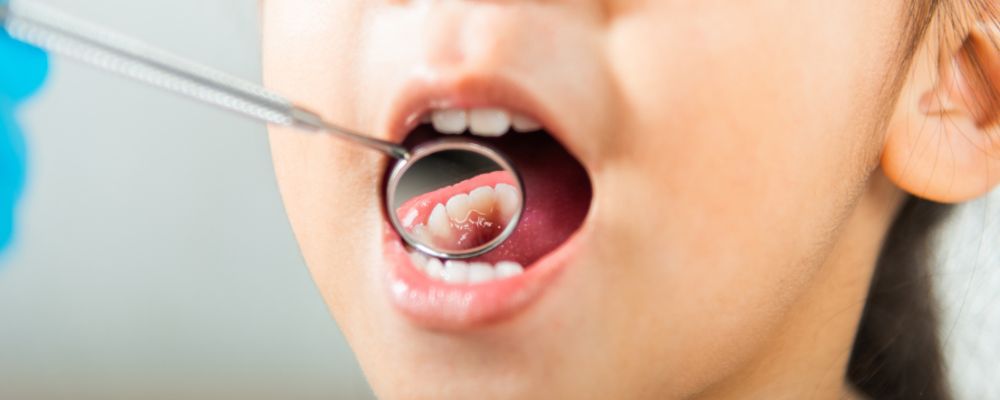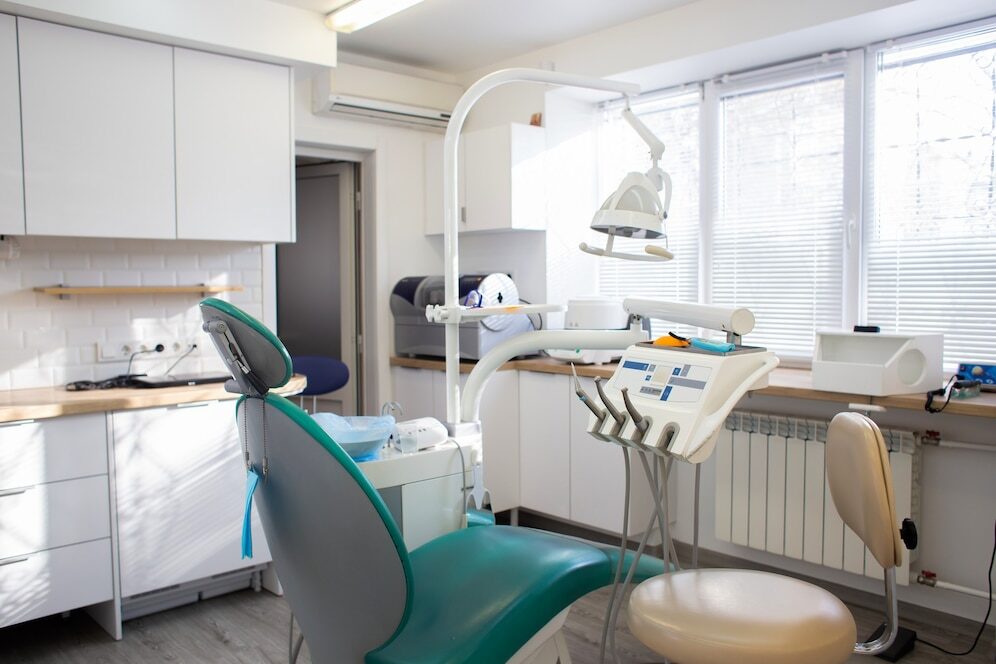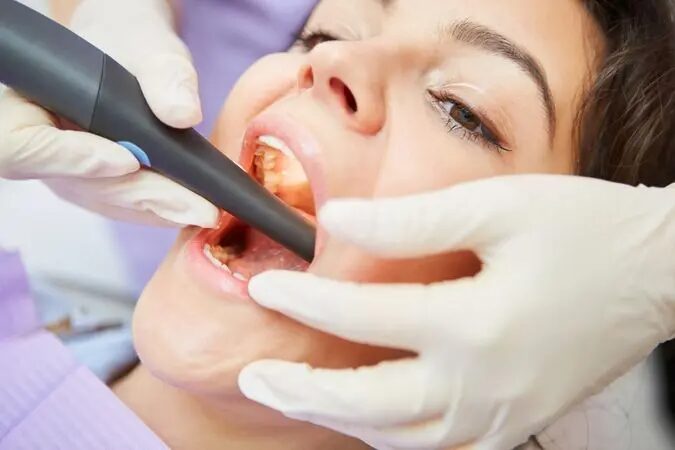Welcome to Dant Suraksha Dental Care, Dilshad Garden! We understand the importance of dental health, especially when it comes to our little ones. Today, we want to shed light on an often-overlooked aspect of oral care—saving milk teeth. These tiny teeth may be temporary, but their impact on your child’s oral health is far from insignificant. Join us as we explore why saving milk teeth is essential and how it can pave the way for a lifetime of healthy smiles.
Before we dive into the importance of saving milk teeth, let’s understand what they are. Milk teeth, also known as primary teeth, are the first set of teeth that children develop. They start erupting around six months of age and continue until around age 12. While they eventually fall out to make room for permanent teeth, their role in your child’s oral health is crucial.
You may wonder, “Why bother saving milk teeth if they will eventually be replaced?”

Well, these little teeth play a significant role in your child’s development:
They aid in-
- proper chewing
- speech development
- alignment of permanent teeth
- Premature loss or decay of milk teeth can lead to issues such as-
- crowding of permanent teeth leads to malaligned teeth
- crooked or chipped permanent teeth due to the development of deep bite
- speech difficulties due to wrongly placed permanent teeth
- all the above factors can lead to low self-esteem in a child
Now that we understand why saving milk teeth is essential, let’s explore how we can protect them. The first step is maintaining excellent oral hygiene habits.
Encourage your child to brush their teeth twice a day using a pea-sized amount of fluoride toothpaste.
Regular dental check-ups are also crucial in saving milk teeth to detect any cavities beforehand and treat and cure them before it knocks down because it could change the future of upcoming permanent teeth.
At Dant Suraksha Dental Care, a Dental clinic in Dilshad Garden, our experienced dentists will carefully examine your child’s teeth, identifying any signs of decay or other dental issues. we give the most amazing secret tool to prevent kids’ dental cavities and other treatments. yes!!!! I am talking about fluoride treatments, which strengthen the enamel and protect against cavities and we all know prevention is always and always better than cure.
As a dentist, I understand that parents may have concerns about the safety and effectiveness of fluoride treatments for their children. However, fluoride has been proven to be a safe and effective way to prevent tooth decay in both children and adults.
When a trained dental professional applies fluoride, it is a safe and painless procedure. The fluoride is applied directly to the teeth in the form of a gel, foam, or varnish, and it only takes a few minutes to complete. In rare cases, some people may experience minor side effects such as nausea or an upset stomach, but these are usually mild and go away on their own.
- 12 Free Consultations
- 10% off on all Treatments
- 1 Free Smile Assessment
It is important to note that fluoride treatments are not a substitute for good oral hygiene practices such as brushing and flossing regularly, but rather an additional tool to help prevent tooth decay.
Let’s discuss it in more detail –
What is fluoride and why is it important for dental health?
Fluoride is a mineral that is naturally found in water and soil. It has been proven to be effective in preventing tooth decay and cavities. When we eat or drink, bacteria in our mouth produce acid that can wear down the enamel on our teeth. Fluoride helps to strengthen the enamel, making it more resistant to acid and preventing decay.
How fluoride treatments work and the benefits they provide:

Strengthening Enamel:
Fluoride treatments work by strengthening the enamel, the outer protective layer of the teeth. Fluoride ions replace hydroxyapatite crystals in the enamel, forming a more resistant compound called fluorapatite. This helps to make the enamel more durable and less prone to decay.
Remineralization:
Fluoride promotes remineralization, which is the process of restoring minerals to areas of the teeth that have been weakened by acid attacks. When acids from bacteria and food attack the enamel, minerals such as calcium and phosphate are lost. Fluoride helps to remineralize these areas, reversing the early stages of tooth decay.
Reducing Acid Production:
Fluoride can inhibit the ability of bacteria in the mouth to produce acids. Bacteria feed on sugars and produce acids as a byproduct, which can erode the enamel and lead to cavities. By reducing acid production, fluoride helps to prevent tooth decay.
Interfering with Bacterial Activity:
Fluoride can disrupt the metabolic activity of bacteria, inhibiting their ability to stick to the teeth and form plaque. This makes it more difficult for bacteria to thrive and contribute to tooth decay.
Protecting Developing Teeth:
Fluoride is especially important for children whose teeth are still developing. As fluoride is incorporated into the structure of developing teeth, it helps to make them stronger and more resistant to cavities.
Reversing Early Tooth Decay:
Fluoride treatments can help to reverse the early stages of tooth decay by promoting remineralization. This can prevent the need for more invasive dental procedures in the future.
Preventing Cavities:

One of the primary benefits of fluoride treatments is their ability to prevent cavities. Research has consistently shown that fluoride is effective in reducing the risk of tooth decay and maintaining oral health.
Safe and Non-Toxic:
Fluoride treatments are safe and non-toxic when used in appropriate amounts. Dental professionals carefully monitor the fluoride levels to ensure they are within the recommended range for optimal dental health.
Convenient Application:
Fluoride treatments are quick and easy to apply. They can be administered in the dental office during routine check-ups or through at-home products such as fluoride toothpaste or mouth rinses.
Cost-effective:
Fluoride treatments are a cost-effective preventive measure. Investing in fluoride treatments can save you money in the long run by reducing the need for extensive dental treatments to address cavities and other oral health issues.
By understanding how fluoride treatments work and their benefits, you can make informed decisions about your child’s dental care and take proactive steps to protect their teeth from decay. Regular fluoride treatments, along with proper oral hygiene practices, can significantly contribute to a lifetime of healthy smiles
Fluoride treatment is quick, painless, and can be done in just a few minutes during a regular dental checkup. It’s important to note that while fluoride treatment is safe and effective, it should only be administered by a trained dental professional.
The right age and frequency of fluoride treatment can depend on a child’s individual needs and dental health:

Usually, up to 5 years 500 ppm of fluoride quantity is considered sufficient in toothpaste but for more than 6 years children 1000 ppm amount is highly recommended. The right age and frequency of fluoride treatment can depend on a child’s individual needs and dental health.
Here are some general guidelines to follow:
- For children under 3 years old, a fluoride treatment may not be necessary if they are not at high risk for tooth decay. However, if they are at high risk (for example, if they have a family history of tooth decay or if they consume sugary drinks regularly), then fluoride treatment may be recommended.
- For children between 3 and 6 years old, fluoride treatment is usually recommended twice a year during regular dental checkups. This can help prevent tooth decay and strengthen their developing teeth.
- For children over 6 years old, fluoride treatment may be recommended based on their individual needs and dental health. Generally, children who are at high risk for tooth decay (such as those with braces or those who consume sugary drinks regularly) may benefit from more frequent fluoride treatment.
It’s important to note that fluoride treatment should only be administered by a trained dental professional. Your child’s dentist can recommend the right frequency of fluoride treatment based on their individual needs and dental health.
Dant Suraksha – A Dental Care Clinic in Dilshad Garden, Delhi is giving Free Dental Fluoride Treatment to your Kids on their 2nd birthday! Schedule an appointment with us today and ensure the health of your child’s milk teeth.
Follow our blog for more oral health tips and updates on the latest dental care practices. Also, Share this article with other parents to spread awareness about the importance of saving milk teeth.









